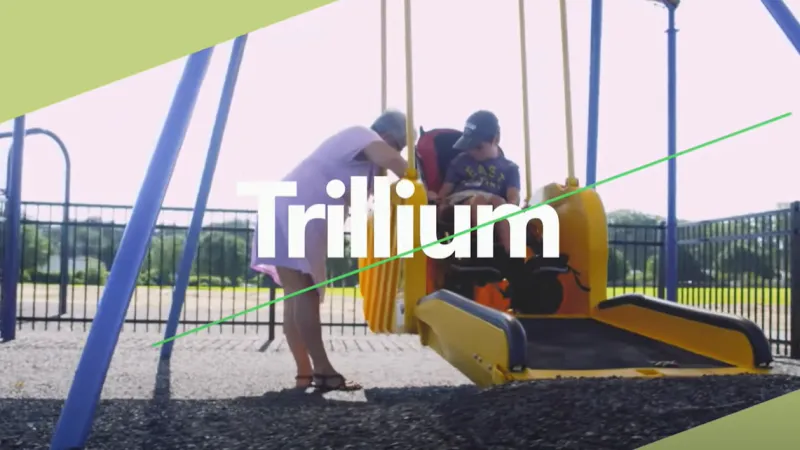Transitions to Community Living (TCL)
North Carolina entered into a settlement agreement with the United States Department of Justice (DOJ) in 2012. The purpose of this agreement was to make sure that people with mental illness are able to live in their communities where they choose. The Trillium Transitions to Community Living (TCL) Department works with the NC Department of Health & Human Services (NCDHHS) to meet the goals specified in the Department of Justice (DOJ) Settlement Agreement.
The TCL staff help make sure people with serious mental illness identified within the DOJ Settlement Agreement are:
- Given choice in deciding where they would like to live.
- Provided information about supports and services to make safe and successful transitions into the community.
- Linked to evidence-based, person-centered, recovery-focused, and community-based supports and services.
TCL staff helps with:
- In-reach, diversion, transition planning, supported housing, and care coordination.
- A complete approach focused on the individual.
- Working together to create, improve, and put services into action.
- Reaching out to the community, educating, and coordinating with providers, hospitals, local Social Services, Community Care of North Carolina, adult care homes, homeless shelters, health departments, and other important partners.
Learn More
For more information, please visit DOJ Settlement - Transitions to Community Living Initiative or call Trillium at 1-866-998-2597.
Eligibility and Services in TCL
- In-reach: Certified Peer Specialists will go into facilities and build relationships with individuals to discuss community-based mental health services and potential housing resources.
- Diversion: The Referral Screening Verification Process (RSVP) is used in adult care homes, providing a streamline and effective process to screen for Transition to Community Living target populations.
- Transition planning: Once an individual is identified by In-reach as interested in community-based mental health or housing services, then they are assigned to a Transition Coordinator. The Transition Coordinator helps develop a plan to transition an individual into the community.
- Available services:
- Housing slots with financial help for paying rent.
- Tenancy Support to assist with moving, setting up household items and furniture, and explaining what to do in an emergency.
- Individual Placement and Support (IPS) - Supported Employment service to help people with mental health and substance use disorders find competitive jobs in a regular work environment.
- Work Incentives Planning and Assistance (WIPA) for individuals with disabilities who get Social Security benefits, helping them find, keep, and grow meaningful jobs to become more financially independent.
- Special Assistance-In Home gives financial support to low-income adults who are at risk of having to move into a care facility, helping them live in their own homes instead.
Approval for the TCL program comes from NCDHHS and is not decided by Trillium. As part of the DOJ settlement, NCDHHS created the following eligibility requirements:
- Individuals with severe and persistent mental illness (SPMI) who live in adult care homes that are Institutes of Mental Disease (IMD)
- Individuals with SPMI who live in adult care homes licensed for at least 50 beds, and 25% or more of the population has a mental illness
- Individuals with SPMI who live in adult care homes licensed for 20-49 beds, and 40% or more of the population has a mental illness
- Individuals with SPMI who are or will be discharged from a State psychiatric hospital, and who are homeless or no stable housing
- Individuals diverted from entry into adult care homes pursuant to the RSVP process
Referral Screening Verification Process (RSVP)
TCL Member Stories
Tyrene
"I moved from an Assisted Living Facility into my own home. I am now living independently and words can’t explain how I feel inside. I would like to thank Kisha, my Transition Coordinator, along with Monica, my Peer Recovery Coach who have helped this journey go smoothly. They have been great supporters and help me realize goals I would have never dreamed of achieving. It is nice to know that I have a team that cares about me."
Jonathan
"I have successfully moved into my own home with the help of Kisha and the Community Building Team. They helped me get back into paying my own bills and managing my own medications and appointments. I am living my own life now and even have gone back to get my high school diploma. I am happier now than I have been in a long time. Times may get rough but you have to roll with it and work your plan. That is my advice from me to you!"

